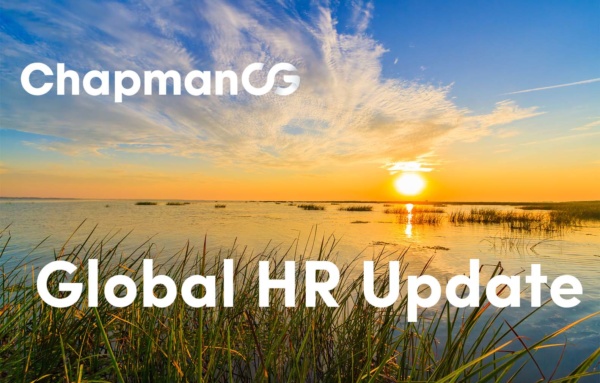Asian talent is recognising the importance of broadening their experience both in a geographical and wider HR sense to incorporate generalist and specialist exposure across borders. This trend is resulting in a reduced focus on the need to continuously move up the corporate ladder, instead emphasising the importance that breadth and depth of exposure can bring, not only to the individual, but to the organisation more generally.
This refreshing development helps HR professionals to develop new insights into what is truly important for organisations to consider in attraction, retention and engagement of their people. Such individuals obtain first-hand exposure to diverse challenges, demands, pressures and opportunities across the business.
The enhancement of personal strengths such as resilience, confidence, knowledge, with an HR professional’s ability to think more broadly and break down barriers within the organisation, is arguably the most valuable benefit of this emerging approach. Enabling HR professionals to truly partner with the business in achieving key company goals is also a key benefit.
Historically the main career driver for HR practitioners has been promotion and securing the ultimate top job, however today’s increasingly savvy HR professional is clearly focused on personal growth and development to better equip them in both their personal and career life journeys.
Top talent is now recognising that broad exposure to the Human Resources function and the business in general will help them to develop and refine important personal qualities such as resilience, ability to flourish in change environments and to maximise the benefits of diversity. They can then work to interpret the manner in which change can be internalised within the team and the wider business to truly broaden and strengthen them for the challenges ahead.
To achieve this, individuals are increasingly looking to secure new experiences across generalist and specialist roles and also in varied and challenging locations, including the emerging Asian markets. Such exposure is supporting improved skill sets, broader perspective and genuine intrinsic diversity.
In order to lead the HR function, it is vital that the leader brings a general understanding of all areas of HR and human values. Ultimately it would seem that the broader the HR exposure, the better the leader. Working as a generalist allows one to learn more about the business, to develop strong relationships across the business and to truly view their work through the eyes of the customer. This experience is likely to improve their design and implementation skills in the future when working on key strategy and implementation phases of HR practice.
Generalist work provides exposure to each of the key specialty areas, resulting in the ability to gain enough experience to potentially move into a specialist role such as recruitment or compensation & benefits and to recognise how this skill base will need to be reinterpreted in the new area successfully.
It is generally easier to transition between specialist and generalist roles within your current organisation. In our experience, despite the cross-over outlined above, the skill sets of HR specialists and career generalist are sufficiently different resulting in few organisations considering lateral moves for candidates from outside the organisation. When the transition is considered within an organisation, there are additional factors that may support the move such as your knowledge of the organisation and the organisation’s commitment to your ongoing long-term career development.
Finally, it should also be noted that putting time and energy into building and maintaining a professional network can have a variety of benefits for your long term career development and may help you be more successful in your current job, which is ultimately beneficial for your career. Deep networks are made from strong, long-term relationships which originate from close working relationships across varied roles and geographies. Deep relationships, built on trust and respect, are necessary to access information, ideas and to learn new skills which are the key ingredients for continued growth and top HR performance.
 Andrea Merrigan
Andrea Merrigan Orelia Chan
Orelia Chan Stanislav Medvedev
Stanislav Medvedev Fleur Daniell
Fleur Daniell Finian Toh
Finian Toh Tim Rayner
Tim Rayner Nicola Hasling
Nicola Hasling Stefanie Cross-Wilson
Stefanie Cross-Wilson


